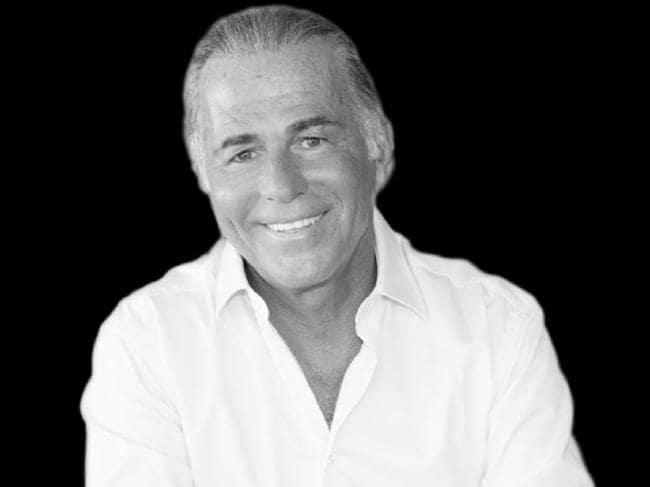Billionaire Dies During Penis Enlargement Surgery

When diamond-trading billionaire Ehud Arye Laniado walked into a posh clinic on the banks of the Champs-Elysées to get his penis enlarged last Saturday, he had no idea it would cost him his life.
The 65-year-old tycoon passed away after suffering a heart attack in the middle of the operation, Fox News reports.
Laniado’s story is tragic. But it doesn’t mean penis augmentation is unsafe, according to New York-based plastic surgeon Norman Rowe.
“[Laniado’s death] had zero to do with the procedure,” Rowe, who wasn’t involved in Laniado’s case, told The Daily Beast. “This was an anesthetic death.”
According to Rowe, Laniado may have opted for a couple of different penis enlargement procedures, including surgical lengthening (which involves cutting a ligament at the base of the penis) or filler injections.
In the U.S., only one silicone implant treatment, Penuma, has gotten approved by the FDA. Neither the lengthening nor the fillers have been approved by the FDA, but Rowe said the procedures can still be legally performed as “off-label.”
That’s how Rowe has provided filler injections at his clinic for about six years, claiming he performs the procedure on about 20 to 25 men each week. Each injection of hyaluronic acid fillers costs between $250 and $750 and adds girth, Rowe said; patients usually begin with about ten.
Rowe said there are three likely explanations for Laniado’s death, all related to anesthesia.
First, the Paris clinic could have given him general anesthesia, which may have exacerbated pre-existing heart conditions. “If you’re getting general anesthesia and you have an underlying malady in your heart, you will unmask that, and it will show itself,” Rowe said.
But Rowe believes that option is extremely unlikely because there’s no reason to put someone under general anesthesia for such a minor procedure.
The second possibility is that the clinic improperly administered a dose of local anesthesia. Typically, physicians inject general anesthesia into skin and fat. But if the anesthesia was injected into a blood vessel instead, it could have stopped Laniado’s heart.
The third possibility that Rowe thinks is most likely in causing Laniado’s death is an accidental overdose from sedation, a much milder treatment that leaves the patient conscious and breathing. “It could have been the same thing as Michael Jackson—someone could have overdosed you,” Rowe said, referencing the pop star’s death from a type of anesthetic known as Propofol.



